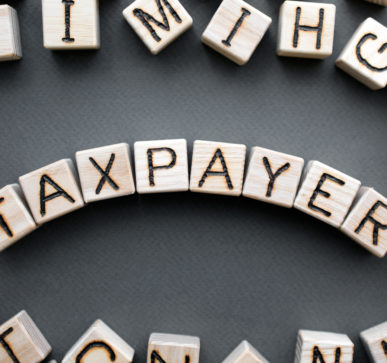According to the Internal Revenue Code, Taxpayers have three obligations: (1) to file timely returns; (2) to file accurate returns; and (3) to pay the required tax voluntarily and timely. Voluntary compliance, in which Taxpayers determine the correct amount of their tax and complete appropriate returns, rather than the Government determining their tax for them is the foundation of our US tax system.
IRS has ways to detect Income that is NOT reported
The IRS Automated Under reporter Matching Process matches Tax Returns against third party information Returns sourced from:
- Form 1099-B (Proceeds from Broker and Barter Exchange Transactions)
- Form W-2 (Wage and Tax Statement)
- Form 1099-INT (Interest Income)
- Form 1099-MISC (Miscellaneous Income)
- Form 1099-PATR (Taxable Distribution Received from Cooperatives)
- Schedule K-1 (Shareholder’s Share of Income, Deductions, Credits, etc.)
- Form 1099-K (Payment Card and Third-Party Network Transactions)
Although not mentioned above, cross checking FATCA Reports from Foreign Financial Institutions with individual Taxpayers’ returns could also initiate IRS contact.
How does IRS match up all the data?
IRS first matches a Taxpayer’s Social Security Number with a Tax Return. Then it turns to:
- Data Assimilation: Assimilation identifies the link between tax forms and information returns filed for the same Taxpayer.
- Data Correlation: Correlation compares tax return and information return data and applies “business rules” to identify potential cases.
It is best to Contact IRS before it Contacts you
IRS recommends that Taxpayers that are out of tax compliance by either a delinquent (late) tax filing or late payment of tax payment obligations ought to consult a specialized tax advisor before waiting to be contacted by an IRS revenue officer.
IRS is focused on aggressively pursuing taxpayers that fail to satisfy filing and payment obligations
IRS has options for managing taxpayers who refuse to pay, including civil enforcement actions and pursuing criminal cases against taxpayers. IRS is currently working very closely with IRS criminal investigators for compliance issues that include “high-income taxpayers who haven’t filed”.
The May 29, 2020 Treasury Inspector General for Tax Administration report states that the Tax Gap is estimated to be $441 billion for Tax Years 2011 through 2013, and approximately $39 billion is attributable taxpayers who do not timely file a required tax return and timely pay the tax due for such delinquent returns. The US Treasury reports that an unacceptably large amount of the assessed income tax that should be paid annually is not paid; giving rise to the “tax gap”.
If you are an out-of- compliance taxpayer, consult with a specialized tax advisor to explore your options.





